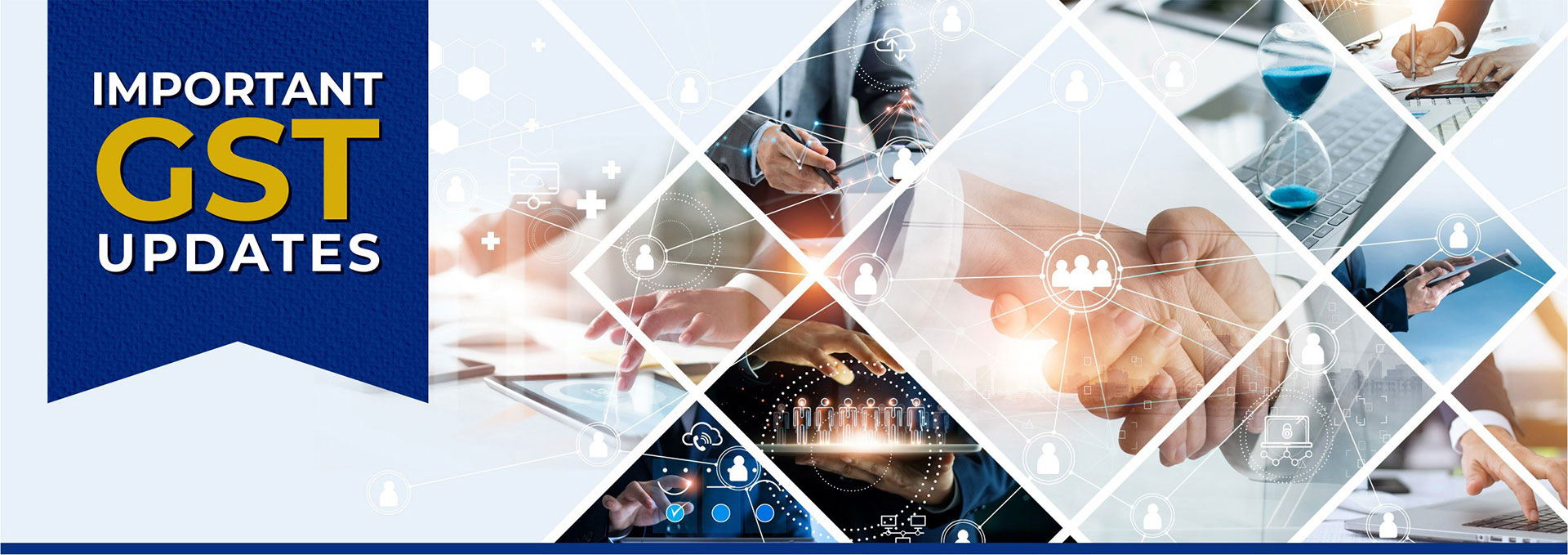Case of Uber India Systems Pvt Ltd by New Delhi High Court

Case Of: Uber India Systems Pvt Ltd
Issued By: New Delhi High Court
Order No: W.P.(C) 14048/2021
Date: April 12 2023
Download Order
Ruling
Observations & Findings
Uber India, Pragatisheel Auto Rickshaw Driver Union and IBIBO Group Private Limited along with Make My Trip (India) Private Limited approached the Delhi High Court challenging two notifications issued by Union of India on November 18, 2021. Initially, the exemption of tax on the fare was available to individual auto-rickshaw driver, bus operator and the Electronic Commerce Operator (ECO) irrespective of the mode of booking availed by the consumer. However, this parent notification of 2017 was amended by the impugned notifications withdrawing the exemption to ECO. The notifications came into effect from January 01, 2022 from which the fare has become eligible to tax in respect to a booking made by a consumer through electronic platform of an ECO for an auto-rickshaw ride or a bus ride.
The petitioners contended that the fare charged by Uber and IBIBO Group Private Limited from the consumer who is booking the ride through the ECO should continue to remain exempted from GST as similar to the case where booking is made directly with the individual auto-driver or bus operator. The petitioners thus sought parity of rates of fare with the individual auto-rickshaw drivers and bus operators.
The Delhi High Court rejected this contention and observed that the ECOs were seeking “equality amongst unequals” by seeking parity with the individual service provider. Though the quality of physical ride in an auto rickshaw may remain the same even if it is street hailed, the experience of doorstep convenience and Uber’s assurance of assuming the safety for the ride makes the experience different for the consumer. Therefore, the court ruled that the consumer, who uses Uber App for an auto rickshaw ride, and the consumer, who uses a street hailed auto rickshaw, fall under a different category.
The court thus held that the ECOs are a distinct class and the Union of India is well within its jurisdiction to exclude them from exemption, adding that there is no vested right in the ECOs to claim the continuation of exemption. For all purposes, the ECOs are an independent supplier of service to the consumer. And, the service provided by the individual supplier is only one facet of the bundle of services assured by the ECOs to the consumer booking through it. Hence, the impugned Notifications do not result in discrimination on the basis of the mode of booking and the writ petitions are dismissed.
